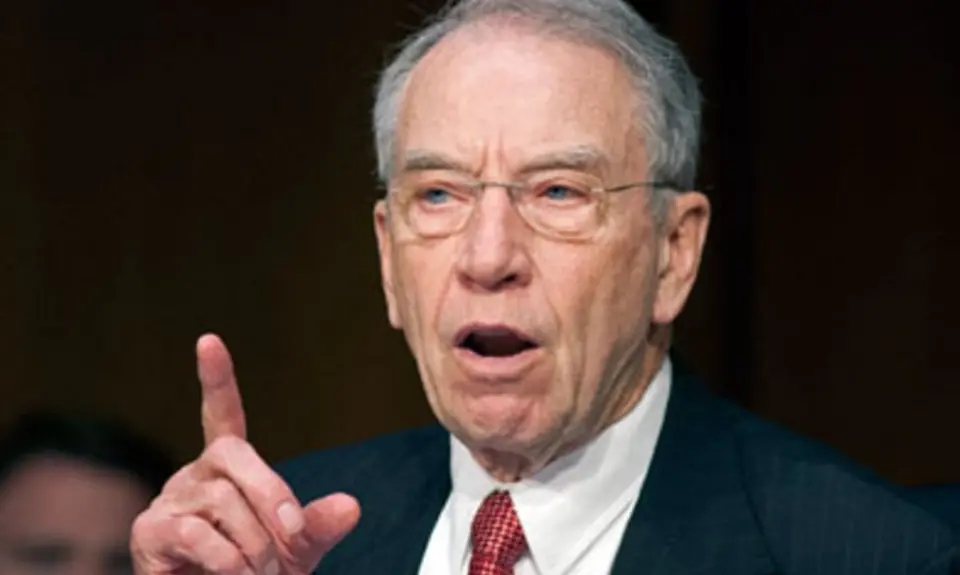In January, by holding a hearing on Michael Brennan for the Seventh Circuit, Senate Judiciary Committee Chairman Chuck Grassley thumbed his nose at Sen. Tammy Baldwin. He junked the bipartisan commission process that Baldwin and fellow Wisconsin senator Ron Johnson (a Republican) had established by holding a hearing—over Baldwin’s strong objections—for a nominee who had been chosen by the White House before the commission had even made its recommendations. Ultimately, Brennan failed to get the votes required for commission approval.
The hearing represented yet another assault on the rules and traditions of the Senate in order to serve Donald Trump.
Now Grassley has put Brennan on the Judiciary Committee agenda for a vote on February 8. But he should not further escalate the situation by holding a vote on Brennan. Fortunately, he still has time to pull back from the brink.
Over the past century, on the very few occasions a chairman has held a hearing over a home state senator’s objection, he has not always proceeded to a committee vote. Indeed, the prudent choice has been not to increase the damage already done to the Senate and to the judiciary by forcing a vote.
The Congressional Research Service notes that Chairman Strom Thurmond (1985) and Edward Kennedy (1980) each had a hearing for such a nominee, but they declined to hold a committee vote. Before then, the last such hearing was for two nominees in 1951: After Chairman Pat McCarran proceeded to a vote in both cases, the committee voted against the nominees because of the absence of meaningful consultation, and neither was confirmed. Notably, in all these cases, the committee majority was of the same party as the nominating president, just like today.
Chuck Grassley should limit the damage done to the Senate as an institution and to his colleagues, and not have the committee vote on Michael Brennan.
Grassley’s handling of this nomination has already pushed the Senate to the brink. But he still has a chance not to push them over it.
